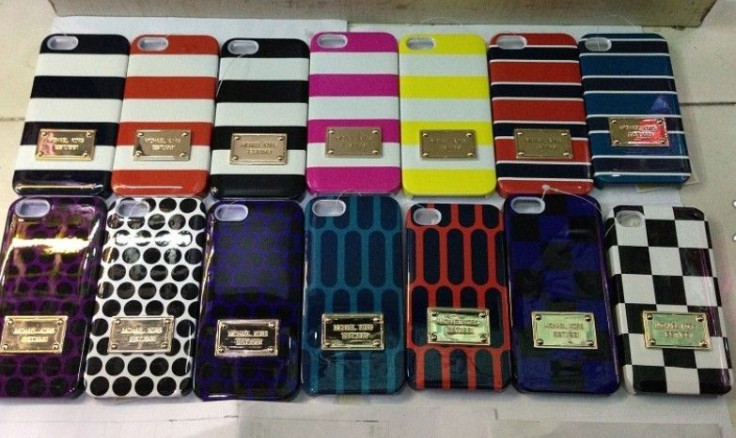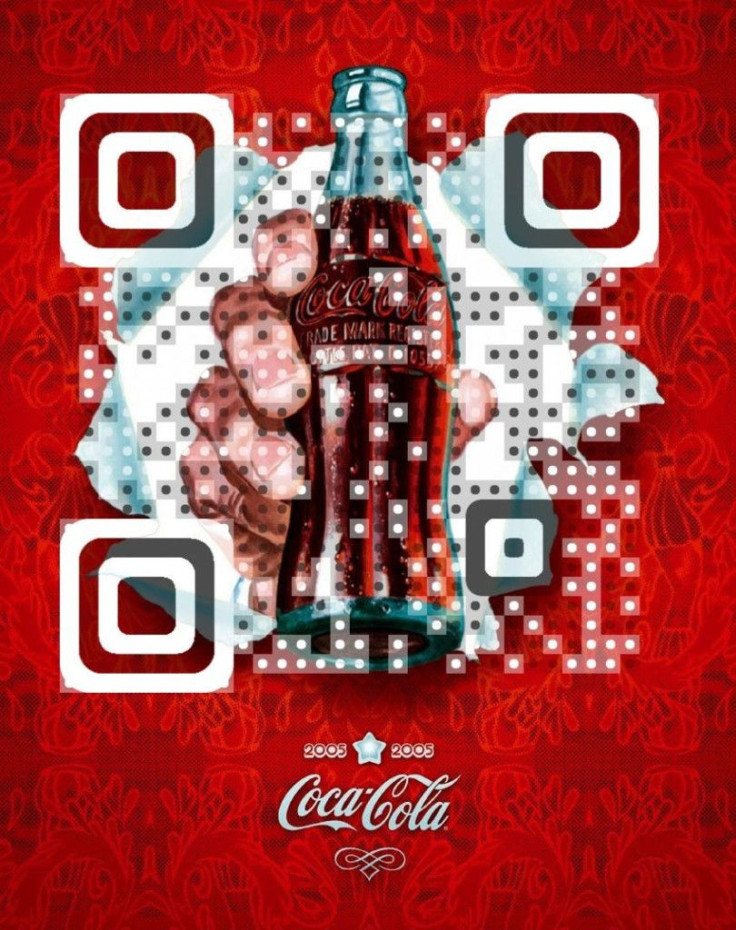Can QR Codes Kill Fakes? Alibaba Thinks So

If you want a fake Gucci handbag, you can try Canal Street, in New York City, or you can simply search for "cucci" on Alibaba, a site often called the "Chinese Amazon" and whose parent company is worth $220 billion.
Luxury group Kering, which represents brands like Gucci, Yves Saint Laurent, and Balenciaga, filed a lawsuit in New York on Friday, alleging that Alibaba not only knows about the fakes being sold on its site, but knowingly made it possible for vendors to mislead customers. The lawsuit is the second major U.S. suit Alibaba has faced over fakes recently; Last summer Kering sued over the same issue only to withdraw its suit after it entered in talks with Alibaba.
Alibaba's fake problem has been an issue for the company for years and it's not an excusively Western concern. Earlier this year, a senior Chinese government official accused Alibaba of failing to crack down on fakes and other illegal activity, which led to a rare public dispute between the Chinese government and one of the country's most valauble companies.
Alibaba's response is twofold: First, it thinks better technology might be able to ameliorate the problem. It's going to use something it calls "dotless visual codes," which are Alibaba-specific versions of a QR code or bar code. Many products sold on Alibaba will get a unique code on its packaging. According to Wired, customers can scan the code using Alibaba's Taobao app to confirm the product they've recieved is authentic, as well as enter into customer loyalty programs and collect rewards. Israeli firm Visualead is providing the technology to Alibaba.

Alibaba is also asking for cooperation from the companies and brands which are seeing their intellectual property ripped off on its store. Ni Liang, Alibaba's head of Internet security, says that brands will likely have a better chance of cutting down on counterfeits if they work with Alibaba, instead of suing them. According to Liang, Alibaba spent $16 million last year to buy fishy products in order to check whether they were fake.
"I believe we spend more than any platform or company in the world on anti-counterfeit efforts," Liang told Reuters. Alibaba is proving that it's taking counterfeit products seriously. But in the meantime, perhaps you'll be interested in one of these fine Rolexes.
© Copyright IBTimes 2024. All rights reserved.




















